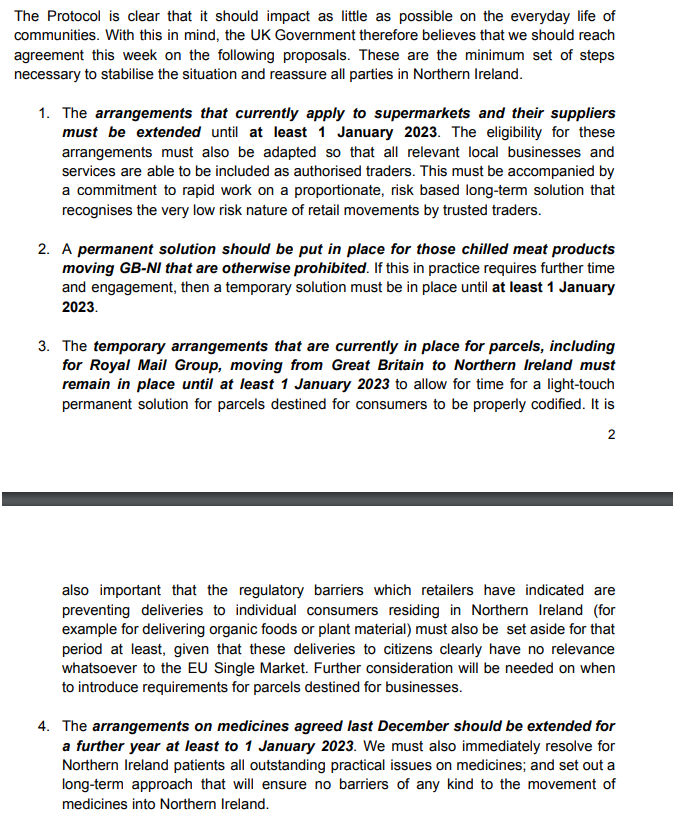
So how does #IntegratedReview see the EU?
Mainly as a problem that's been solved, and then as base from which to build wider international action by UK
Neither part of this looks that robust
1/
assets.publishing.service.gov.uk/government/upl…
Mainly as a problem that's been solved, and then as base from which to build wider international action by UK
Neither part of this looks that robust
1/
assets.publishing.service.gov.uk/government/upl…
The 'PM's vision for 2030' reiterates how hunky-dory everything will be with the EU, rounded out by strong engagement in NATO
3/
3/

Are the same time 'Europe' comes in #2 on the list of 'significant changes', but presented solely as removing constraints on UK action, rather than an object in need of any management itself
4/
4/

Among 27 trends, 'Europe' only gets mentioned once, in relation to migration flows (part of 'transnational challenges'), where it's a destination
Nowhere else in this section
5/
Nowhere else in this section
5/

A namecheck for HorizonEurope, as part of being closely entangled in science and tech networks.
Nothing about how leaving Erasmus+ might weaken the pipeline of future academic collaborations, however
6/
Nothing about how leaving Erasmus+ might weaken the pipeline of future academic collaborations, however
6/

I'll leave this here, with no further comment than that it would all have been compatible with being EU members
But that's not the point right now
7/
But that's not the point right now
7/

And again
Plus that idea of the EU being in the past and also somehow in contradistinction to these objectives
9/
Plus that idea of the EU being in the past and also somehow in contradistinction to these objectives
9/

And so to the region-specific sections, notably entitled "the UK in the world: a European country with global interests"
Europe is straight after US, but the language is all about potentials
Note that India gets more text than any European state
10/

Europe is straight after US, but the language is all about potentials
Note that India gets more text than any European state
10/


EU isn't specifically mentioned in building capacity in CT, but does pop up on Serious Organised Crime, where the presence of 'liaison officers' at Europol is simply presented as a prior, without mention of the much reduced access the UK now has
11/
11/
And beyond that, there's essentially nothing
No discussion of management of EU relationship or scope for competition
Essentially, it's all gravy
12/
No discussion of management of EU relationship or scope for competition
Essentially, it's all gravy
12/
Plus, there's going to be a whizzy new border strategy for 2025, only a few years later than committed to in WA/TCA
13/
13/

The only priority funding that directly relates to the EU is for border management and law enforcement cooperation
14/
14/

Taken together, this reinforces impression that Govt wants to see Brexit as done and dusted, without any acknowledgement that significant medium-term diplomatic resource is needed to get to a stable relationship with EU, without which working together is going to be v.hard
15/
15/
In sum, this looks like a recipe for more disappointment about EU relations, and the basis for more bust-ups
/end
/end
• • •
Missing some Tweet in this thread? You can try to
force a refresh







